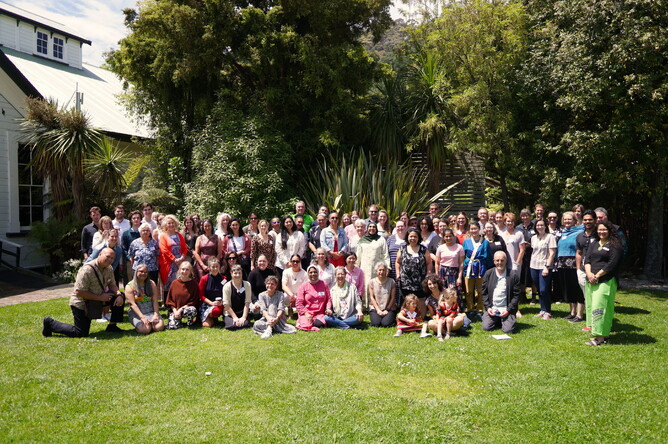It’s been six years since the Mosque attacks in Christchurch in March of 2019 which horrified the nation and solidified for Anjum Rahman that there needed to be a better way for fighting racism and discrimination.
At that time, organisations and projects committed to combating hate in all its forms existed all around the country, but they were siloed in their areas of advocacy and there was no structure to share learning about effective approaches to countering prejudice. Most importantly, there seemed to be limited power and agency for the people actually affected by discrimination to contribute significantly to a response to the issues they faced.
So that year Anjum launched Inclusive Aotearoa Collective Tāhono, a project that convenes and supports cross-sector community efforts to improve belonging and inclusion across the country. To counter discrimination in Aotearoa, the project identified the need for a national strategy for diversity and inclusion.
With the help of a partnership with the Todd Foundation and other funders, Tāhono set out across the country holding ‘belonging conversions’ with diverse groups of people, and the result of these conversations now contribute to the research report ‘A community-based national strategy for diversity and inclusion’.
The implementation of this research is a work in progress, says Anjum, and the findings have been made available to the public, institutions, and government agencies, providing an evidence base to focus their work on.
“For us to learn how to improve inclusivity in Aotearoa, we had to understand what it feels like to belong. We asked people three questions”, said Anjum. “When do they feel like they belong, what stops them feeling like they belong, and what needs to change for them to feel like they belong?”
She says that it was clear from these conversations that sharing stories can be really healing for people, and this continues to be something the collective sees through their ongoing workshops to a wide range of groups around bridging cultures, Te Tiriti o Waitangi, and diversity and inclusion.
“You can feel the electricity in the room as people’s world view is shifted during the course of a day”.
The conversations can be tough, but the workshops are a non-judgmental space where people can feel heard. Anjum says that hitting those empathy points in people is what builds the motivation for them to make a shift with beliefs and bias that might have been driving their thinking and contributing to discrimination.
The project, Tāhono now supports a wide range of cross-sector communities enhancing the inclusion of people of different ethnic and socio-economic backgrounds, religious beliefs, sexual identities or disability status, as well as delivering workshops, and offering advisory services. Their mission is to build a social movement across the country of people, organisations and communities committed to working together to build a socially inclusive Aotearoa New Zealand.
From the initial funding from the Todd Foundation in 2019 after the attacks which helped them to get organised, to their ongoing support of the systems change projects underway now, the partnership feels like a collaborative relationship built on trust to Anjum. “The understanding and empathy from the Todd Foundation team helps the Tāhono to just focus on giving our energy to the mahi. It takes a lot of pressure off”.



